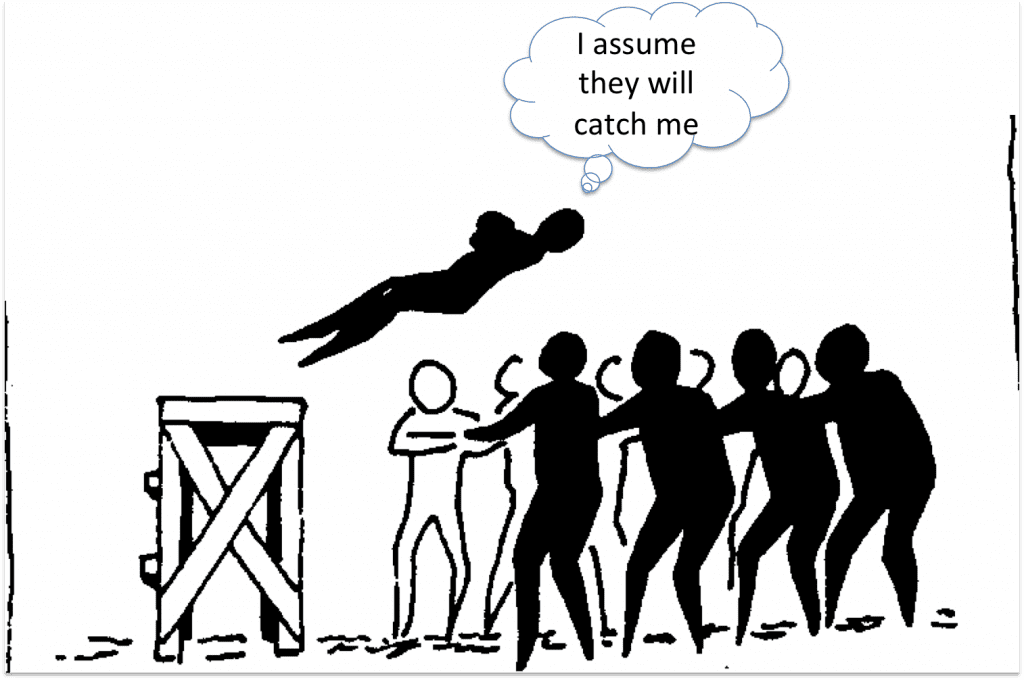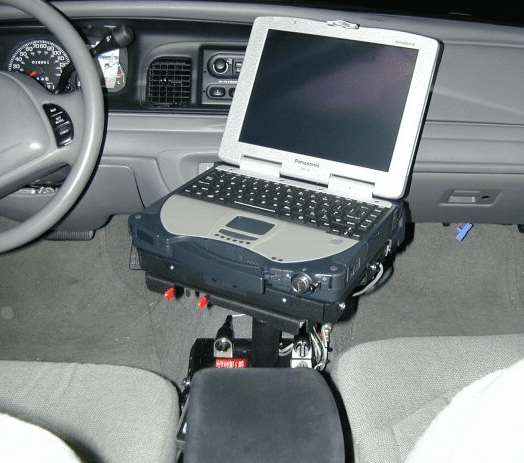Pre Arrival Lens and Situational Awareness
The pre-arrival lens is a neurological phenomenon that can both help and hinder situational awareness. The “lens” is your mental view of the incident you are responding to, developed prior to your arrival, and based on the triangulation of three primary data sources – dispatch information (shared via radio), past experience and imagination. This article […]
Pre Arrival Lens and Situational Awareness Read More »




